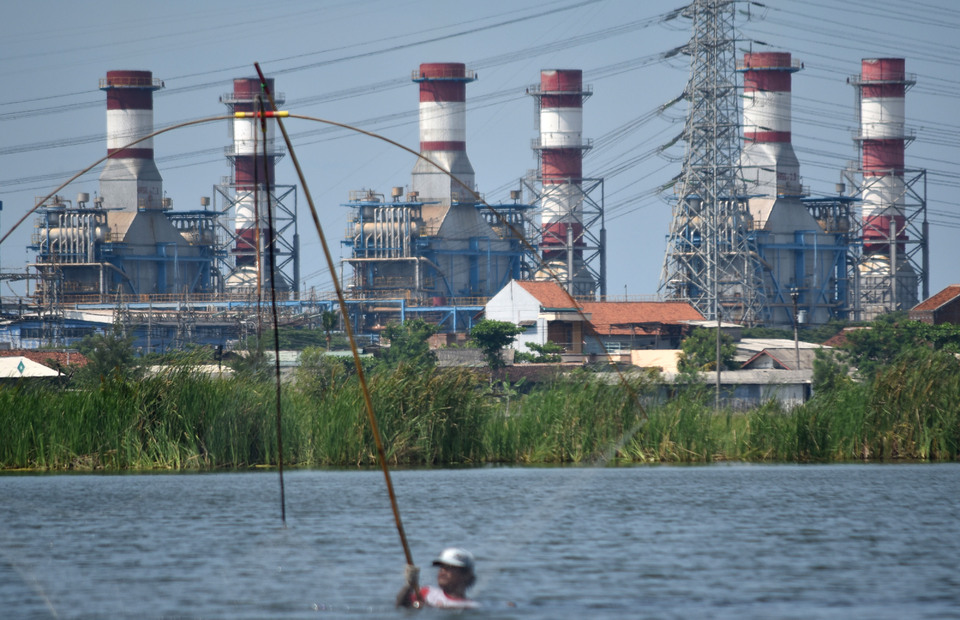
The government has reiterated its intention to implement a carbon tax this year despite having delayed the policy two times in April and earlier this month due to inflation and global recession concerns, Finance Minister Sri Mulyani Indrawati said on Thursday.
“In line with the implementation of the carbon trade, the government of Indonesia will also run a carbon tax mechanism this year by targeting coal power plants,” Sri Mulyani said in a broadcast speech at Sustainable Finance for Climate Transition Roundtable meeting in Nusa Dua, Bali.
Initially, the government sought to impose a $2.1 tax for every metric ton of carbon-equivalent (CO2e) emission emitted by coal-fired power plants in April. But the Ministry of Finance decided to delay the policy by three months, fearing the tax could add a burden to customers amid rising fuel, cooking oil, and soybean prices.
Food and energy prices in Indonesia continue to increase today and the global economy faces a real possibility of a recession. So, the ministry decided to delay the carbon tax again.
“So, we need to focus on the economic recovery and don’t introduce a policy that will worsen the economic risks that are currently happening at the global level,” Sri Mulyani said earlier on a separate press conference Wednesday.
She said the ministries have ironed out the technical problems in relation to other ministries and state-controlled utility company Perusahaan Listrik Negara (PLN) for the carbon tax implementation.
“There are no technical obstacles, we have all prepared them. But each policy is not only technical but there are also things that must be seen and can affect the social, political, and economic condition. So it is necessary to look at it in detail, whether the policy is good and that the timing is right,” Sri Mulyani said.
“In 2025, the application carbon tax can be expanded to other NDC sectors while considering our sectoral readiness and also the cost due to the global pandemic and global economic situation,” she said. She was referring to the Nationally Determined Contribution (NDC), an arbitrary climate action plan to cut emissions and adapt to climate impacts.
A carbon tax is one of Indonesia’s policies to reduce its greenhouse gas emissions by at least 29 percent compared to business as usual conditions by 2023. The county also seeks to make use of its vast tropical forests and mangroves as carbon sinks for earning cash in the global carbon mitigation market.
Source from Jakarta Globe
Original News HERE

































